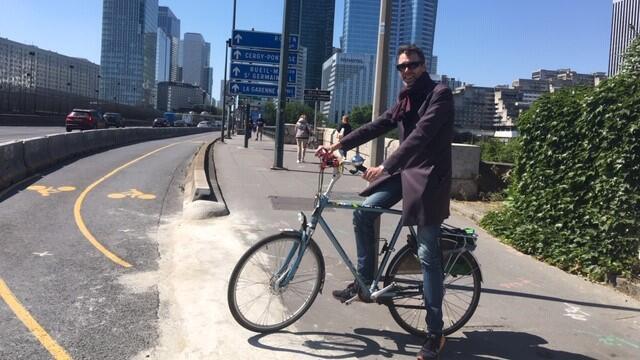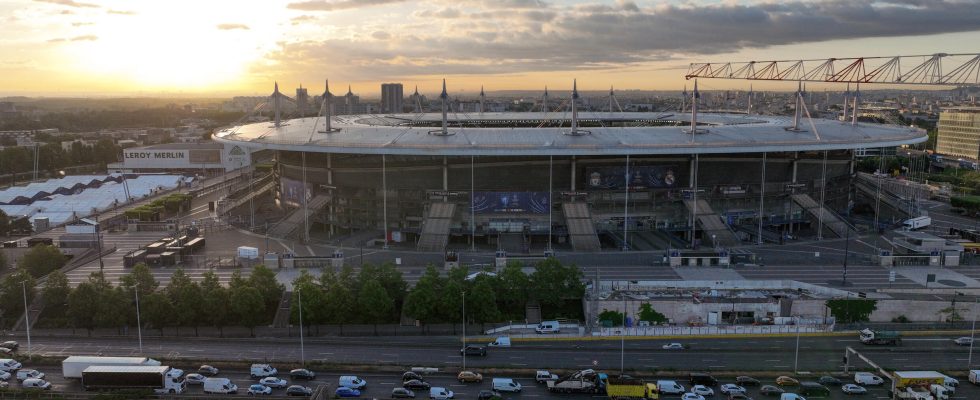In nine months now the Olympic Games will take place. The transport network will be deployed and more particularly in place of bicycles. The organizers assure that they want to give pride of place to sustainable transport.
3 mins
More than 400 kilometers of cycle paths, 418 to be exact, are necessary to be able to reach the fifteen Olympic sites in Île-de-France, the Paris region, which hosts the greatest number of events.
The other objective is to make bicycles available to visitors. All tourists are obviously not going to come to France with their personal two wheels under their arm. Many cities are therefore working to expand their offer of self-service bicycles. The Minister of Transport, Clément Beaune, estimated this summer that 15 to 20,000 additional self-service bicycles were needed. The Paris town hall announces 3,000 more Vélib’ for the capital, to which must be added the offer from private operators.
According to the collective Cycling Île-de-France, which brings together around forty user associations, 20% of the network has not yet been completed. The biggest delay is observed in Seine-Saint-Denis, a department north of Paris, which was already lagging far behind in terms of cycle paths, even before these Olympics. Twenty kilometers of tracks are still missing, while the department includes the Stade de France, which will host, among other things, athletics events, among the most popular.
The Olympics, a first step in a cycling plan for Greater Paris
In Paris, there are still seven kilometers outstanding. The town hall throws the ball back into the court of the police headquarters, from which it is waiting for green lights. This state service gives its opinion when traffic changes may harm the movement of emergency or police services. Or when this means reducing the number of lanes on already saturated routes, or when the width of the planned tracks is insufficient.

This cycling network is obviously intended to last after the Games. These Olympics are only the first stage of a cycling plan for the Greater Paris metropolis. The next deadline is 2025. On this date, the metropolis expects 10% of trips to be made by bicycle. The network should make it possible to serve 70 municipalities in the Paris region. And follow somewhat the same logic as the metro and suburban train network, with nine main lines. Seven will cross Paris and two will go around it. For example, line V1 will join Mesnil-Aubry, north of Paris, to Arpajon in the south, crossing the capital, i.e. a little over 60 kilometers of tracks.
Read alsoParis 2024: will public transport hold up?
